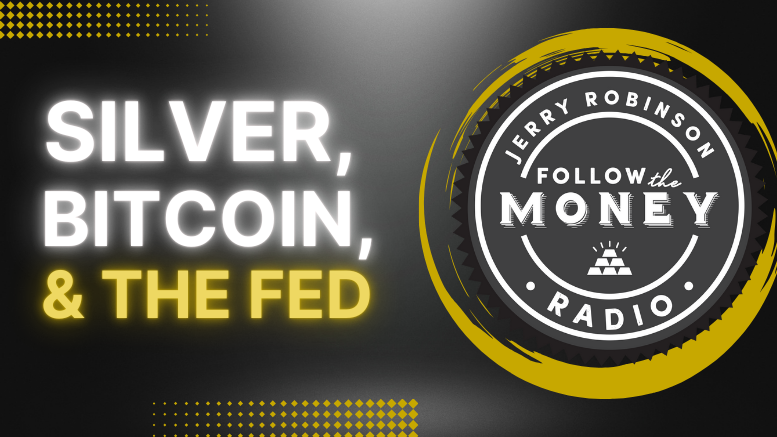(MarketWatch) — When it comes to choosing the best place to stash your retirement savings, the answer, at least in part, depends on your likely tax situation once you stop working.
That’s where a Roth — whether a Roth 401(k) or Roth IRA — comes in. They help you hedge against the tax hit you’ll face when you start pulling money out of any tax-deferred plans, such as a traditional 401(k).
These days, more employers are offering workers the option to stash their retirement savings in a Roth 401(k). So now workers have to decide first whether a Roth is right for them, and second, whether it should be a Roth 401(k) or a Roth IRA.
Roth 401(k)s are similar to Roth IRAs, but they’re managed in your employer plan. Just like a Roth IRA, you contribute money that has already been taxed so withdrawals, including any earnings, are tax-free.
About 50% of companies with 25,000 or more workers offer a Roth option in their 401(k)s, according to Fidelity Investments, which manages plans covering 11 million participants. Overall, 21% of employers in Fidelity plans offer a Roth option, up from 14% in 2008. Of the plans managed by Charles Schwab for about 1.5 million participants, 56% of employers offer a Roth option, up from 26% in 2006.
Is a Roth right for you? The answer essentially comes down to one question: Will your taxes be higher or lower in retirement?
If you put $5,000 into a Roth 401(k) or Roth IRA, and $5,000 into a traditional 401(k), and earn the same return, you’re going to be better off with the Roth when you retire, if your tax rate stays the same or rises. (Remember, though, that you’ll pay tax now on the $5,000 in the Roth; if you’re in the 25% tax bracket, that means about $6,700 out of your pocket now.)
But your future tax rate is, of course, a big unknown. Income-tax rates are relatively low right now — the current top rate is 35%, compared with 50% in 1986 and 91% in 1950, according to the Tax Policy Center.
Many people assume lawmakers will increase rates in coming years, in part to help reduce the budget deficit. Then again, some lawmakers now are seeking to reduce tax rates.
Keep reading > >






